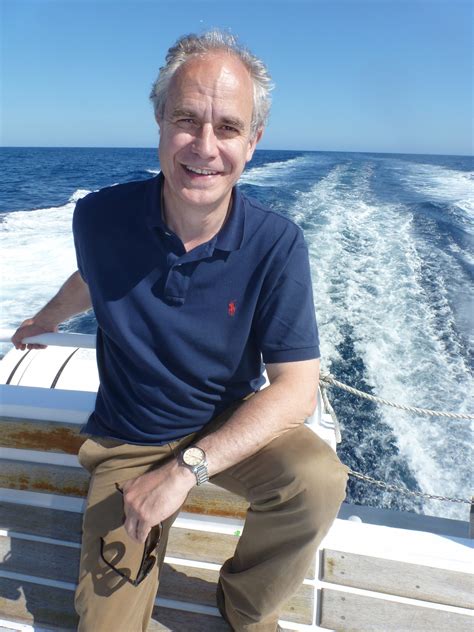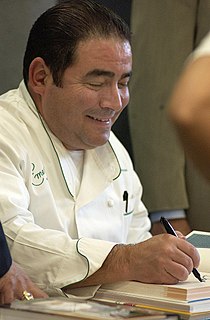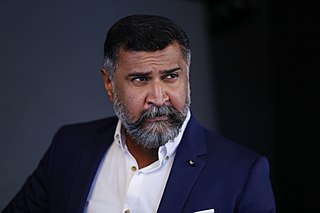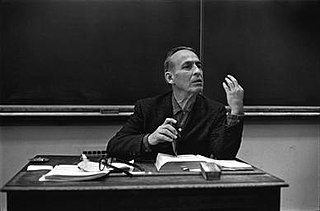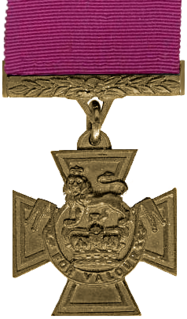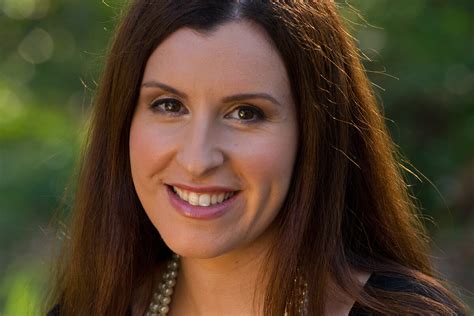A Quote by Nicolas Chamfort
It's a question of prudence. Nobody has a high opinion of fishwives but who would dare offend them while walking through the fish market.
Related Quotes
Because I would never work for a niche publication or a niche program on television and because I am a journalist and not an opinion person, my job is to try to see how many different points of view I can represent or how. It's not even a question of who you don't offend because you are always going to offend somebody. The question is how can you get people to listen to the information you have to present.
Increasingly, we will be faced with a choice: whether to keep the oceans for wild fish or farmed fish. Farming domesticated species in close proximity with wild fish will mean that domesticated fish always win. Nobody in the world of policy appears to be asking what is best for society, wild fish or farmed fish. And what sort of farmed fish, anyway? Were this question to be asked, and answered honestly, we might find that our interests lay in prioritizing wild fish and making their ecosystems more productive by leaving them alone enough of the time.
I listen to all these complaints about rudeness and intemperateness, and the opinion that I come to is that there is no polite way of asking somebody: have you considered the possibility that your entire life has been devoted to a delusion? But that’s a good question to ask. Of course we should ask that question and of course it’s going to offend people. Tough.
The step between prudence and paranoia is short and steep. Prudence wears a seat belt. Paranoia avoids cars. Prudence washes with soap. Paranoia avoids human contact. Prudence saves for old age. Paranoia hoards even trash. Prudence prepares and plans, paranoia panics. Prudence calculates the risk and takes the plunge. Paranoia never enters the water.
Once upon a time, a fisherman went out to sea. He caught many fish and threw them all into a large bucket on his boat. The fish were not yet dead, so the man decided to ease their suffering by killing them swiftly. While he worked, the cold air made his eyes water. One of the wounded fish saw this and said to the other: "What a kind heart this fisherman has- see how he cries for us." The other fish replied: "Ignore his tears and watch what he is doing with his hands.
So, eventually, he made one final arrangement with himself, which he has religiously held to ever since, and that was to count each fish that he caught as ten, and to assume ten to begin with. For example, if he did not catch any fish at all, then he said he had caught ten fish - you could never catch less than ten fish by his system; that was the foundation of it. Then, if by any chance he really did catch one fish, he called it twenty, while two fish would count thirty, three forty, and so on.


